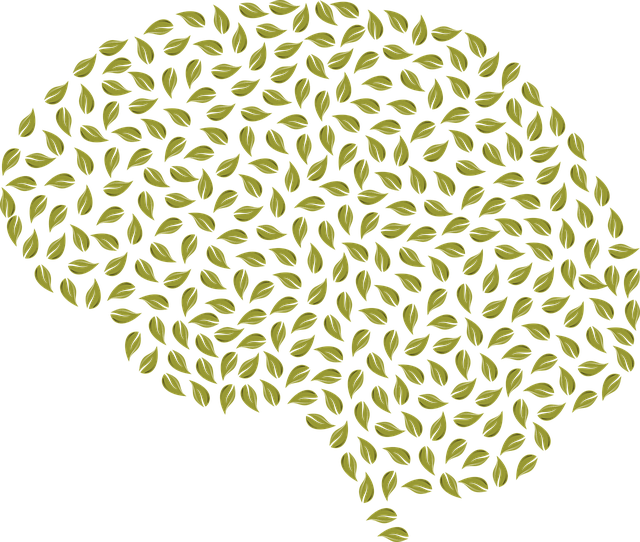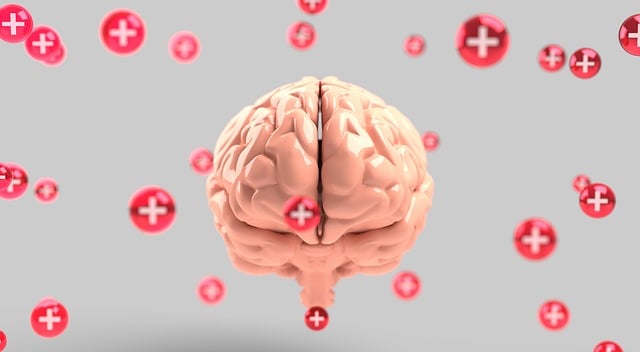Crisis Intervention Teams (CITs) in Colorado Springs, supported by specialized training from Neuro Disorders Therapy, play a vital role in managing mental health crises. These teams, composed of professionals from various sectors, de-escalate situations, provide short-term treatment, and link individuals to ongoing care. Training includes risk assessment, mental illness stigma reduction, conflict resolution techniques, and burnout prevention strategies. The impact is measured by improved community response, individual outcomes, and tailored interventions addressing diverse cultural needs, with continuous learning and debriefings enhancing program effectiveness.
“In today’s fast-paced world, effective crisis intervention is more crucial than ever for communities. This article explores the essential role of Crisis Intervention Teams (CITs) in mitigating mental health crises. We delve into the contributions of Colorado Springs Neuro Disorders Therapy, a leading program training these teams. By examining key components and implementation strategies, we highlight successful CIT training practices. From understanding team dynamics to evidence-based techniques, this guide equips communities with tools to enhance crisis response, ultimately improving public safety.”
- Understanding Crisis Intervention Teams: A Vital Resource for Communities
- The Role of Colorado Springs Neuro Disorders Therapy in Training Programs
- Key Components of Effective Crisis Intervention Team Training
- Implementing and Evaluating Crisis Intervention Team Training Success
Understanding Crisis Intervention Teams: A Vital Resource for Communities

Crisis Intervention Teams (CITs) are a vital resource for communities facing mental health crises. These teams, typically composed of trained professionals from various sectors, including law enforcement, healthcare, and social services, provide immediate and specialized support to individuals experiencing severe emotional distress or suicidal ideation. In the heart of Colorado Springs Neuro Disorders Therapy, the concept of CITs has gained significant importance in ensuring timely and effective interventions.
The role of these teams extends beyond mere crisis resolution; they aim to de-escalate situations, offer short-term treatment, and connect individuals with ongoing mental health services. Mental Health Education Programs Design often play a pivotal role in CIT training, equipping participants with the knowledge and skills needed to handle diverse crises effectively. Moreover, Mental Wellness Coaching Programs Development and Mental Wellness Podcast Series Production can supplement these programs by providing continuous learning opportunities and sharing real-world insights, enhancing the overall preparedness of CIT members.
The Role of Colorado Springs Neuro Disorders Therapy in Training Programs

Colorado Springs Neuro Disorders Therapy plays a pivotal role in crisis intervention team (CIT) training programs, offering specialized expertise to equip mental health professionals with the skills to handle critical situations effectively. With their extensive experience in neuro disorders, therapists provide an in-depth understanding of the complex behaviors and cognitive processes often associated with crisis states. This unique perspective is invaluable for CIT members, enabling them to recognize subtle cues and respond appropriately.
The program’s curriculum integrates evidence-based practices, including risk assessment techniques, as showcased in their Mental Wellness Podcast Series Production. By combining theoretical knowledge with practical exercises, participants gain confidence in managing high-risk individuals. Furthermore, they emphasize burnout prevention strategies for healthcare providers, addressing the challenges faced by CIT members in their demanding roles.
Key Components of Effective Crisis Intervention Team Training

Effective crisis intervention team (CIT) training programs are integral to ensuring swift and appropriate responses during mental health crises. These programs, like those offered by Colorado Springs Neuro Disorders Therapy, often incorporate several key components to equip teams with the necessary skills. Firstly, comprehensive training should cover risk assessment for mental health professionals, enabling them to accurately gauge potential dangers and implement the right interventions.
Secondly, addressing the Mental Illness Stigma Reduction Efforts is vital. Training should promote understanding and empathy towards individuals facing various mental illnesses, fostering an environment where support and de-stigmatization thrive. Additionally, Conflict Resolution Techniques are essential tools for CIT members to navigate challenging situations with calmness and efficiency. Through role-playing scenarios, participants learn to defuse conflicts, improve communication, and resolve tensions without escalating the crisis.
Implementing and Evaluating Crisis Intervention Team Training Success

The success of Crisis Intervention Team (CIT) training programs is not solely measured by the completion of a course but by their ongoing impact on community response and individual outcomes, especially in cities like Colorado Springs where neurodisorder therapy services are vital. Effective implementation involves integrating CIT training into existing mental healthcare infrastructure, fostering collaboration between various stakeholders, and promoting continuous learning for team members. Regular debriefings after crisis incidents help evaluate the application of CIT skills and adapt strategies as needed.
Moreover, evaluating success includes assessing improvements in mood management among at-risk individuals, which is a key aspect of self-care routine development for better mental health. Cultural sensitivity in mental healthcare practice also plays a crucial role in CIT’s effectiveness, ensuring that interventions are tailored to diverse communities’ unique needs and contexts. Regular reviews of training outcomes can help identify areas for enhancement, ultimately refining the program to better serve individuals facing crises and their families.
Crisis intervention team (CIT) training programs, like those offered by Colorado Springs Neuro Disorders Therapy, play a crucial role in equipping communities with vital resources. By focusing on key components such as de-escalation techniques, mental health first aid, and collaborative problem-solving, these programs empower participants to effectively respond during crises. Successful implementation and evaluation ensure that CIT members are well-prepared to navigate complex situations, ultimately enhancing community safety and resilience. Colorado Springs Neuro Disorders Therapy’s expertise contributes significantly to the success of these training initiatives.














